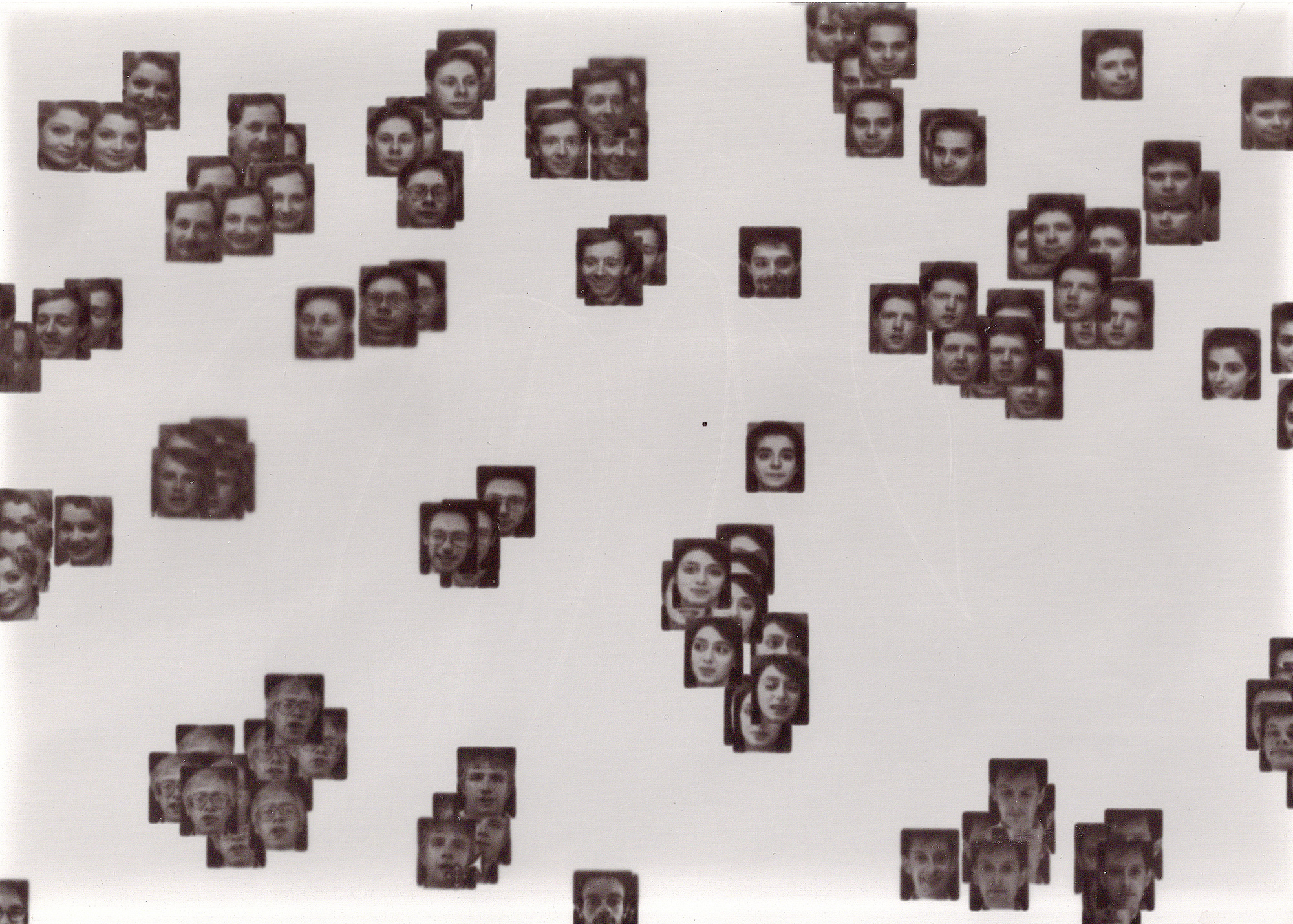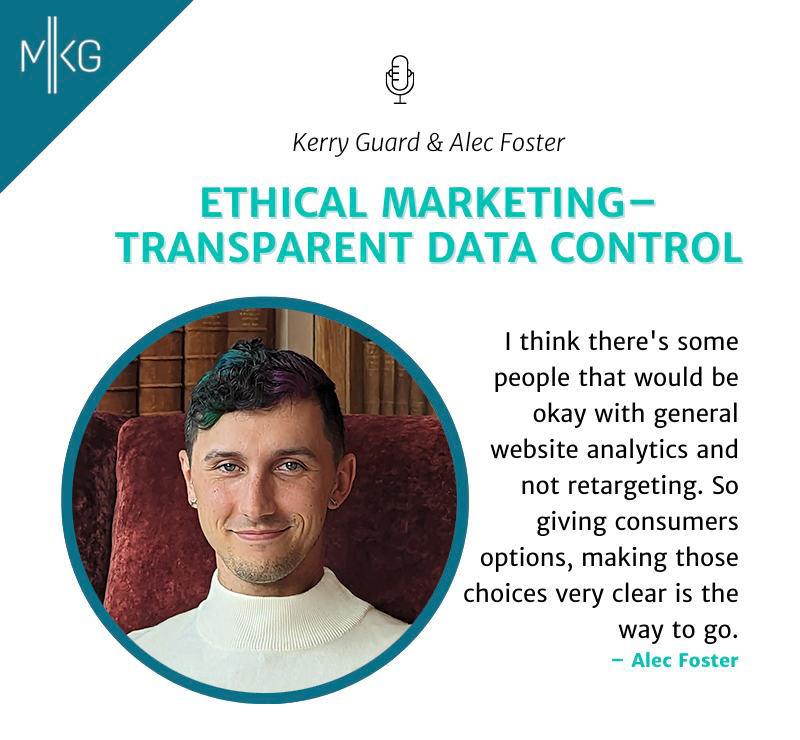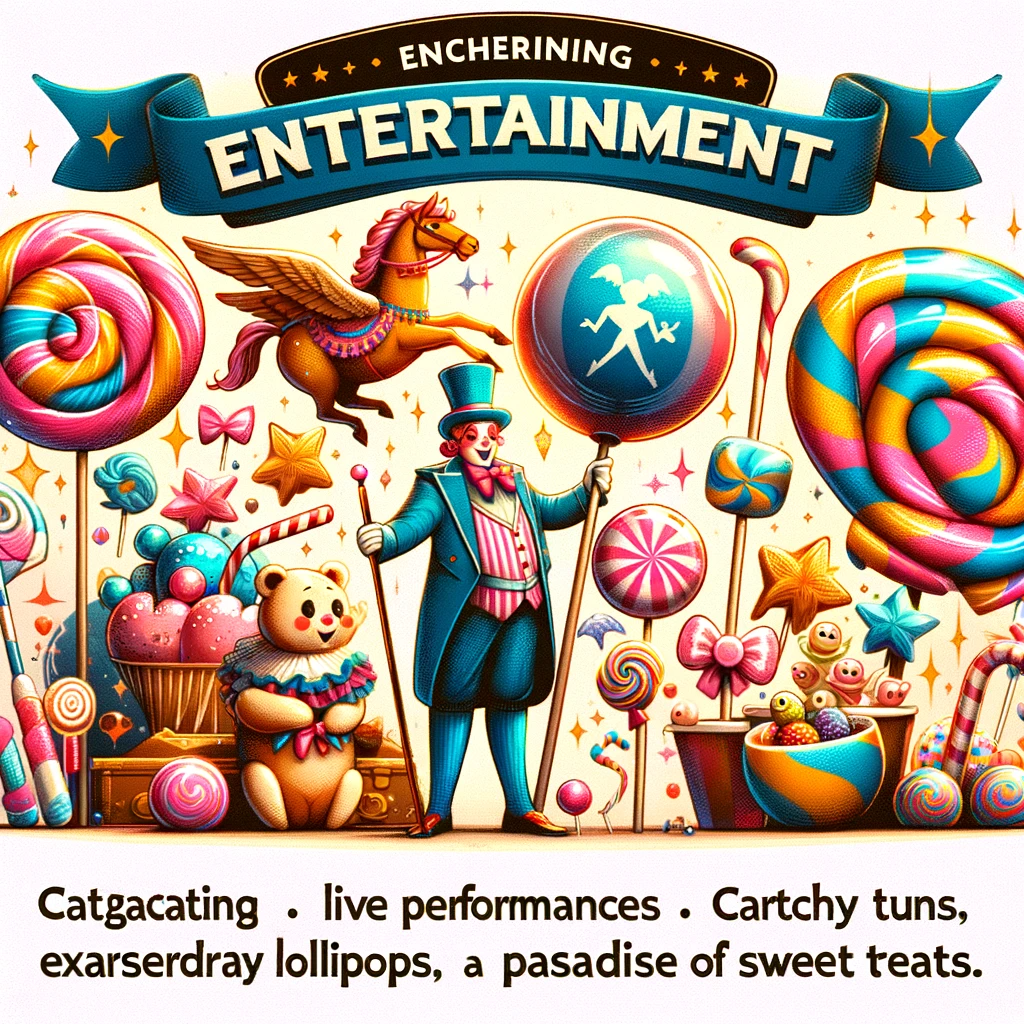Home ➤ Blog ➤ Generative AI, Law ➤ Copyright, AI Ethics, and the Ephemeral Copy: A New Frontier in the Creative Landscape

Copyright, AI Ethics, and the Ephemeral Copy: A New Frontier in the Creative Landscape
Alec Foster • 2023-03-18
Generative AI, Law, Copyright
Image by Philipp Schmitt & AT&T Laboratories Cambridge / Better Images of AI / Data flock (faces) / CC-BY 4.0
As artificial intelligence continues to evolve, it brings new challenges to the forefront, specifically in the realm of copyright and AI ethics. With large language models like ChatGPT scraping the internet for training data and generating content on demand, copyright becomes a pressing concern. In this blog post, we will explore the nuances of copyright as it relates to AI, the concept of ephemeral copy, and the need for updated legislation to address the complexities that AI brings to the table. I believe it is crucial to consider the needs of artists and small creators, as copyright is often weaponized by large corporations to oppress others.
The debate surrounding generative AI and copyright often positions artists and content creators against technology developers. This frame is limiting, as it overlooks the interests of those who use and benefit from AI tools, many of whom are creators themselves. It is essential to recognize that the way AI tools are regulated will directly impact these creator-users.
Historically, new technologies have often democratized creativity, enabling new types of uses and fostering new forms of artistic expression. Many generative AI tools, far from being mere plagiarism engines, act as assistants to creators, enhancing their work and facilitating the development of new, distinct material.
A critical aspect of copyright law as it relates to AI is the concept of the ephemeral copy. Engaging with any digital work, even simply reading a webpage or watching a video, involves making an ephemeral copy. AI models, like ChatGPT, make such copies during their training process, which raises questions about whether this act infringes on copyright.
To address this issue, updated legislation is needed that distinguishes between copying for the purpose of "theft" or "stealing" and copying that serves as a learning process for AI models. Stricter copyright enforcement could limit the potential of generative AI tools, stifle creativity, and reinforce the dominance of large corporations in both the tech and media sectors.
While the issue of copyright is undoubtedly crucial in the AI ethics debate, it is essential to consider the broader context, including the impact of AI tools on labor markets and the potential for market concentration in the tech sector. As we move forward, we must search for policy tools that support both existing forms of creativity and the emerging creator-users of AI.
Addressing the complexities of copyright and AI ethics requires a nuanced understanding of the creative landscape, the rights of artists and creators, and the broader implications of AI technology. By taking a holistic approach, we can ensure that the interests of all stakeholders are fairly considered and that the tremendous potential of AI is harnessed in a manner that promotes creativity, knowledge sharing, and artistic innovation.


